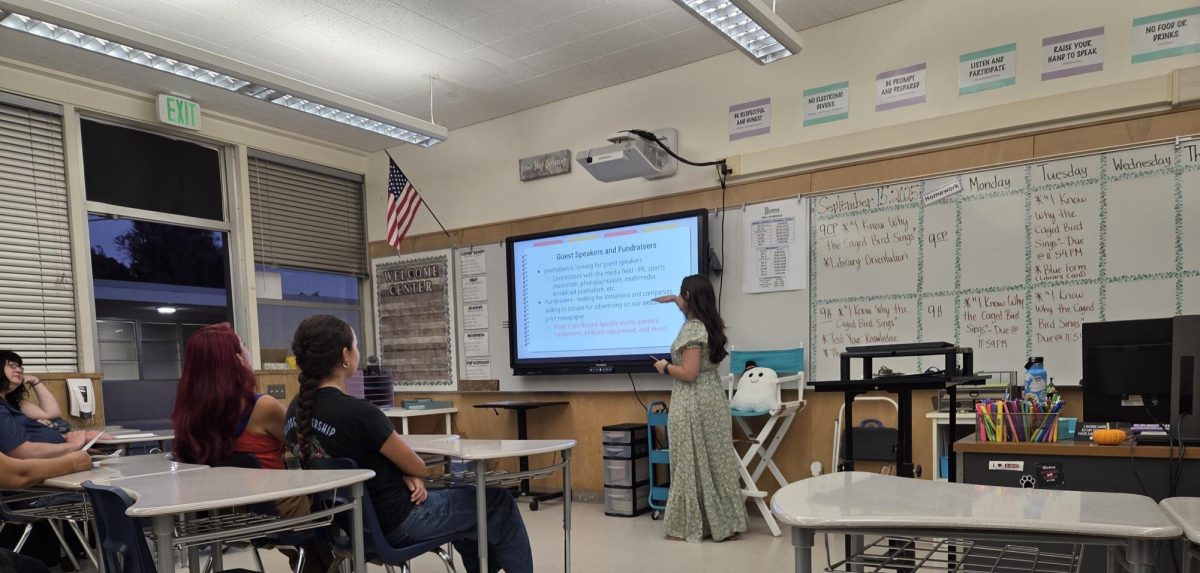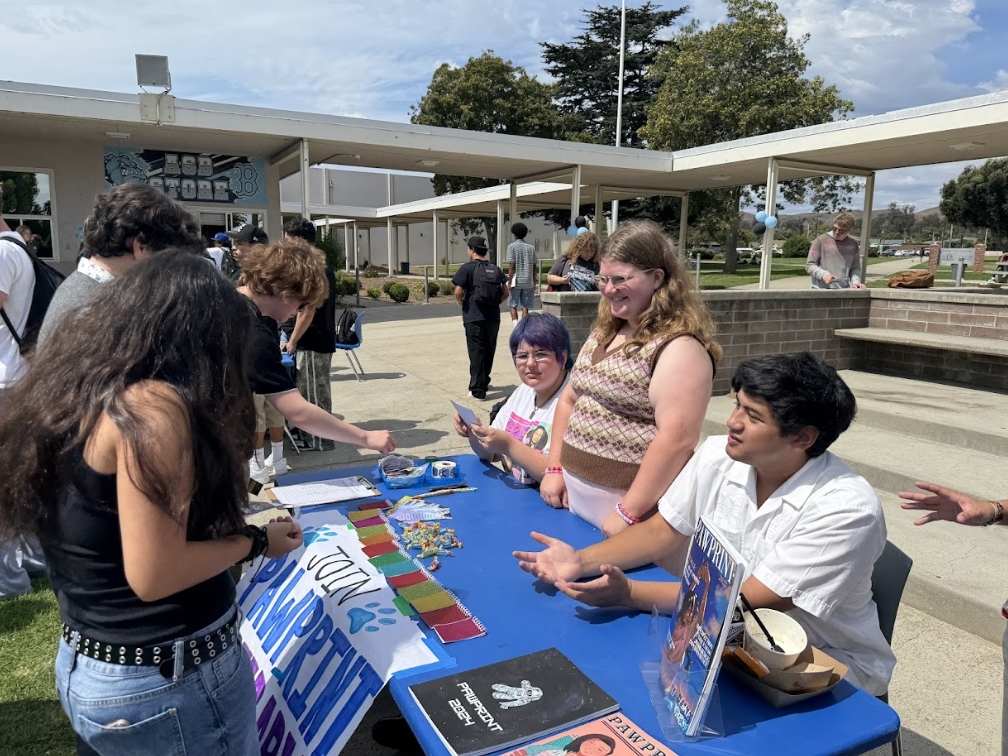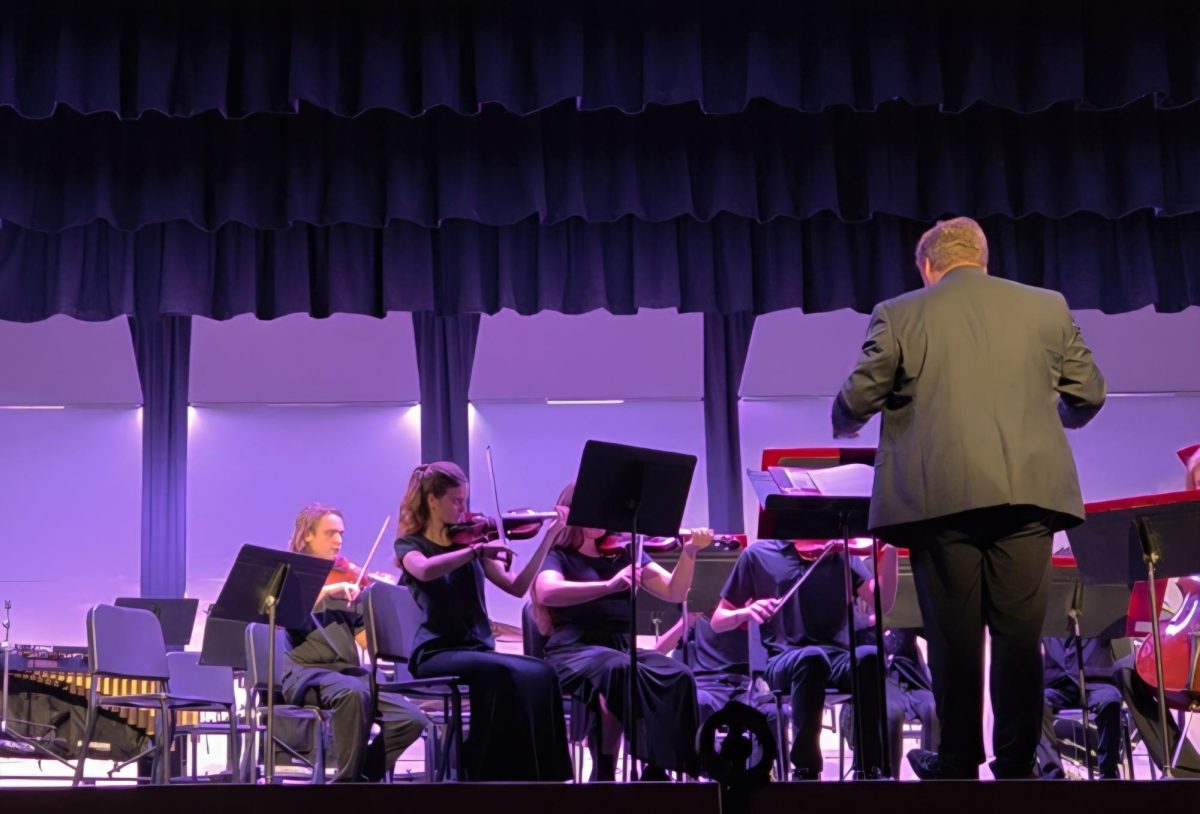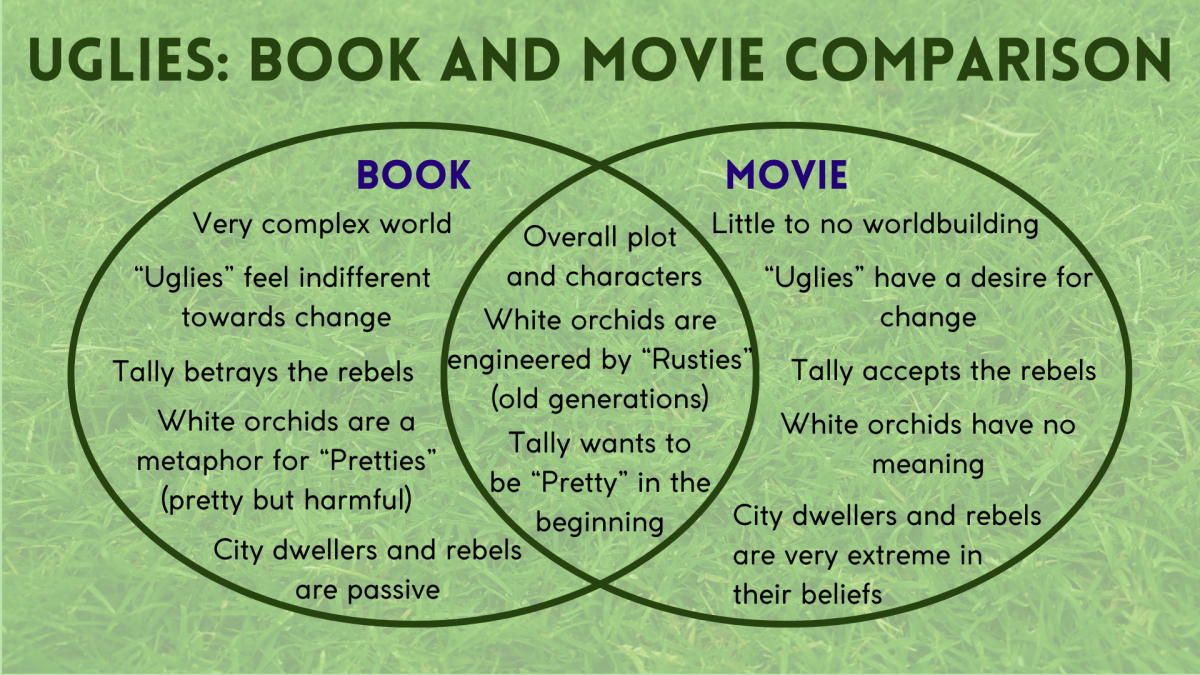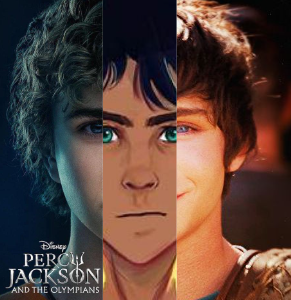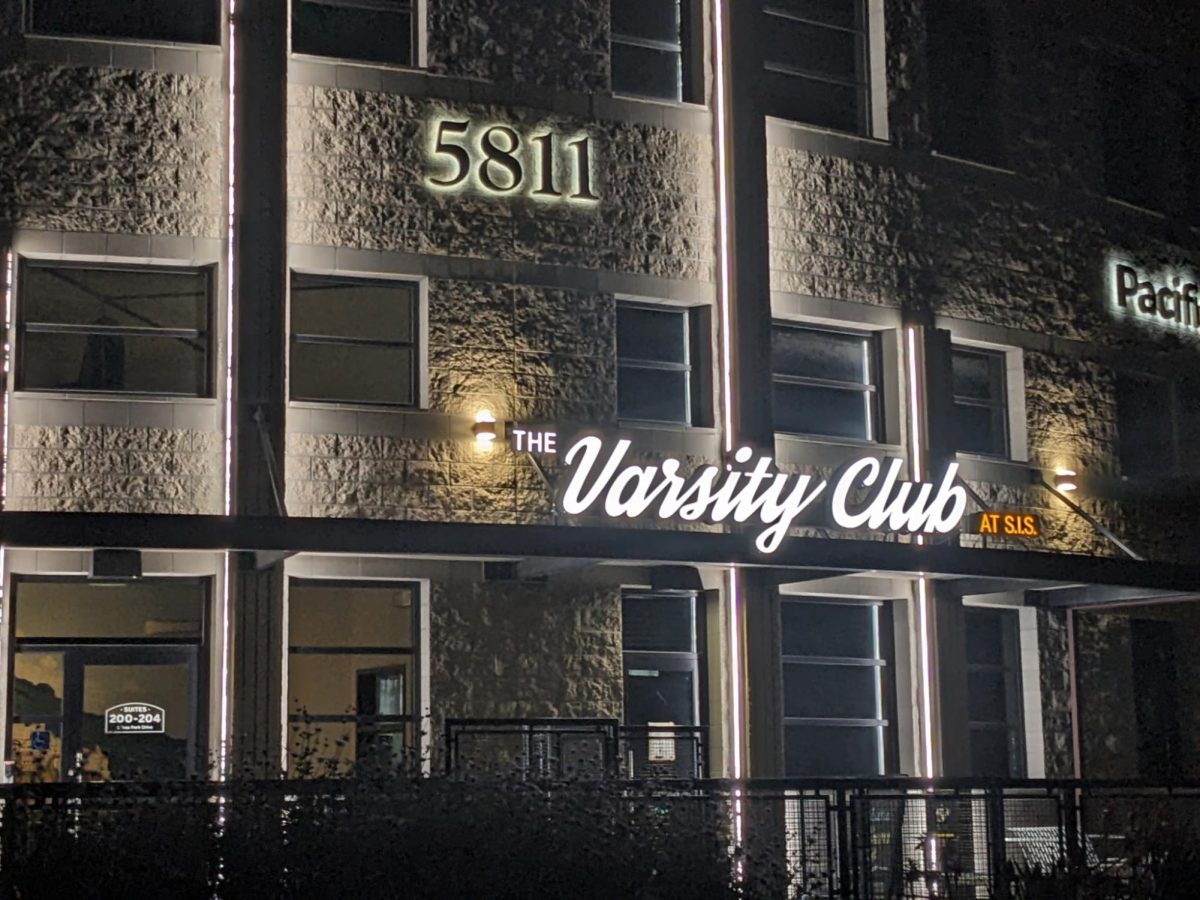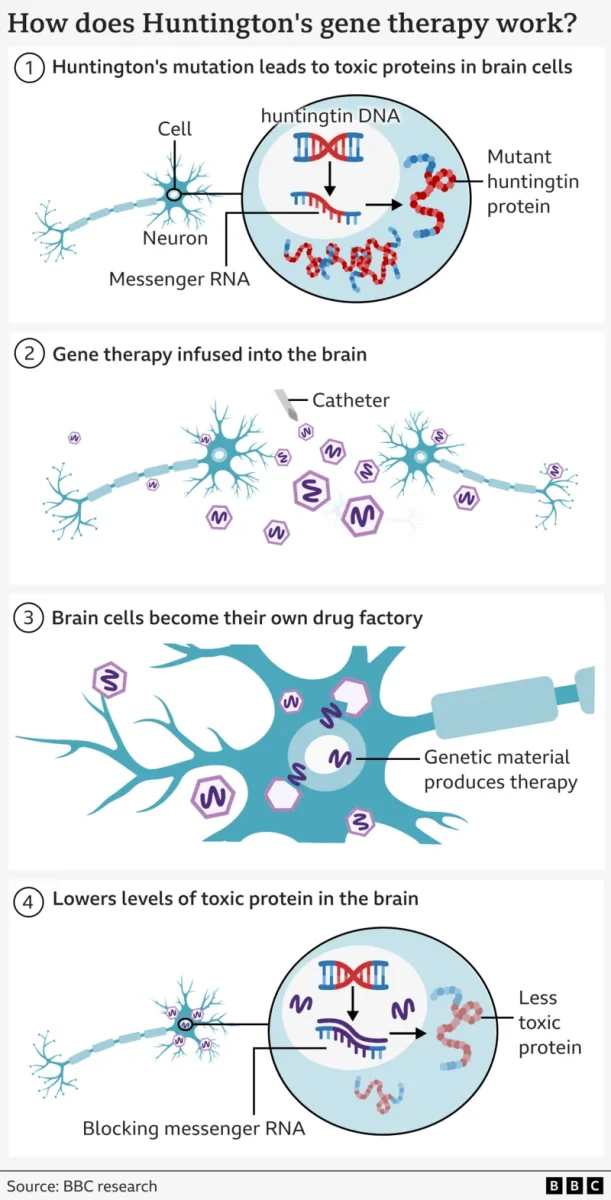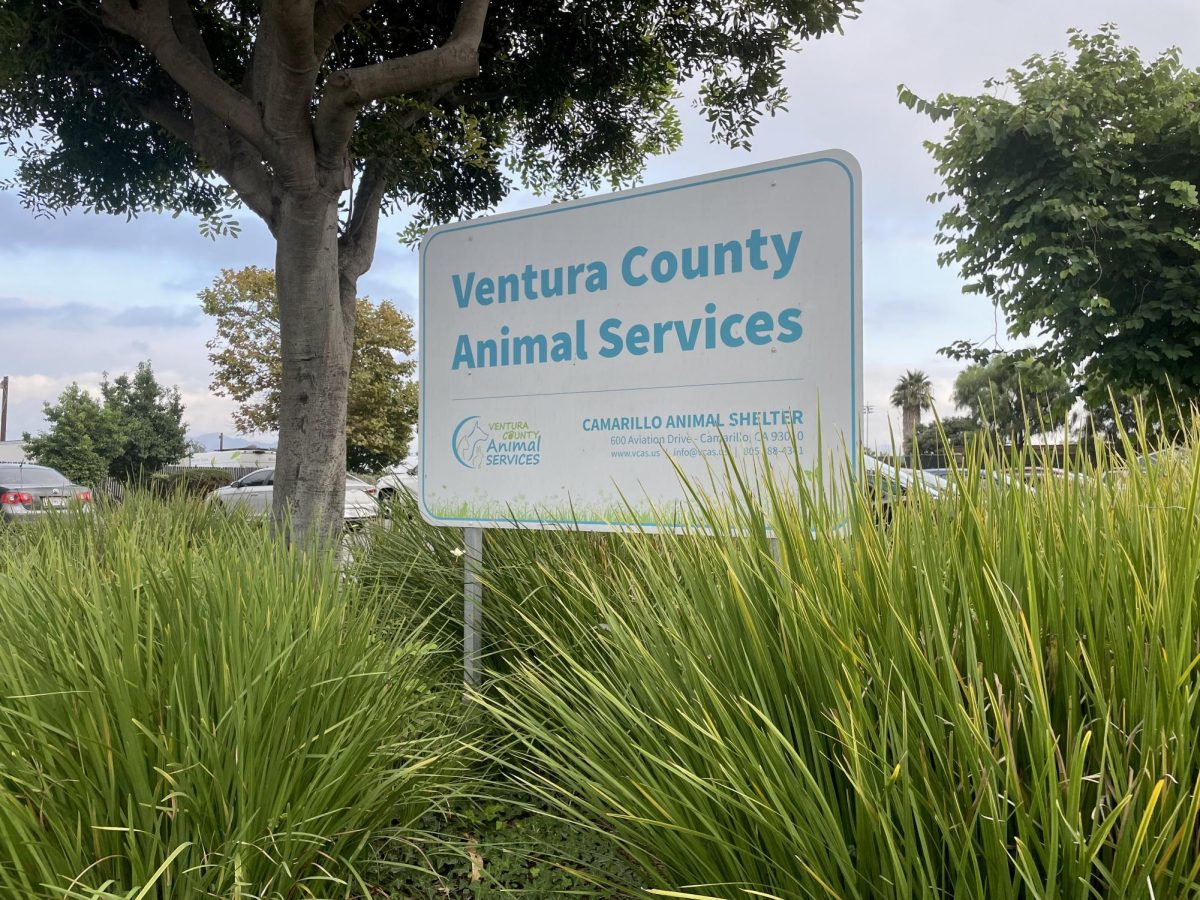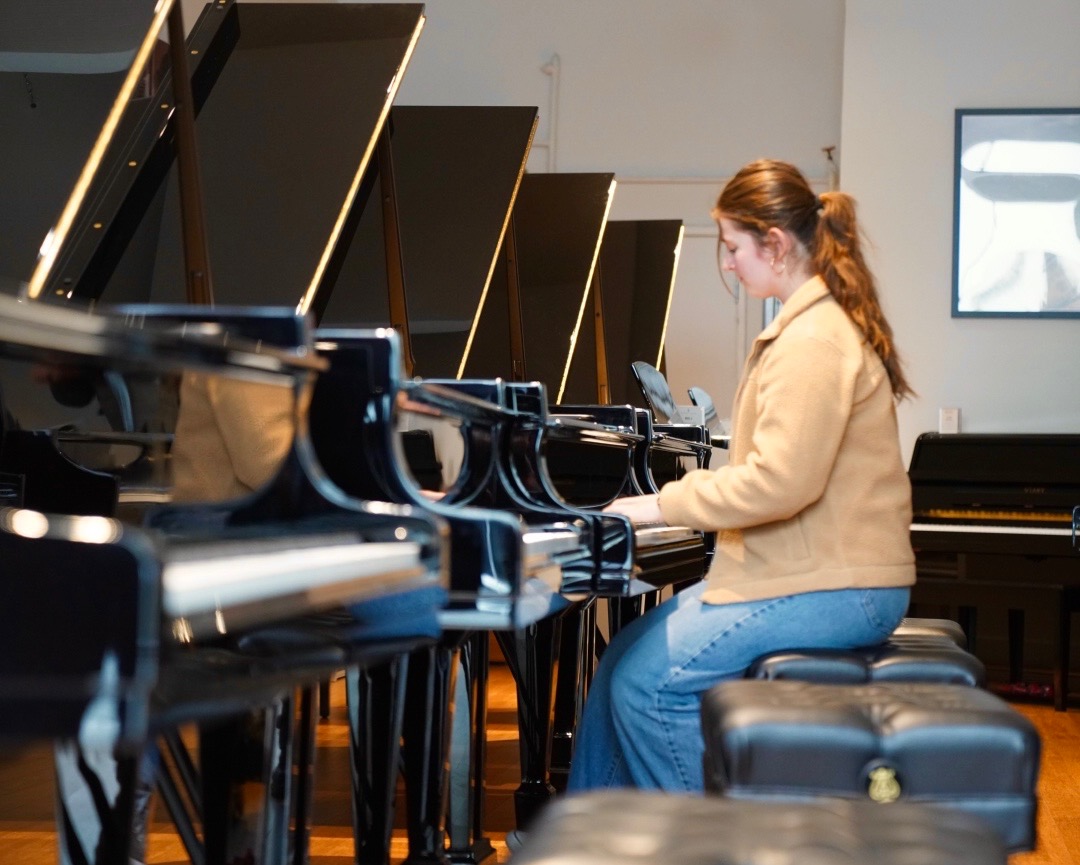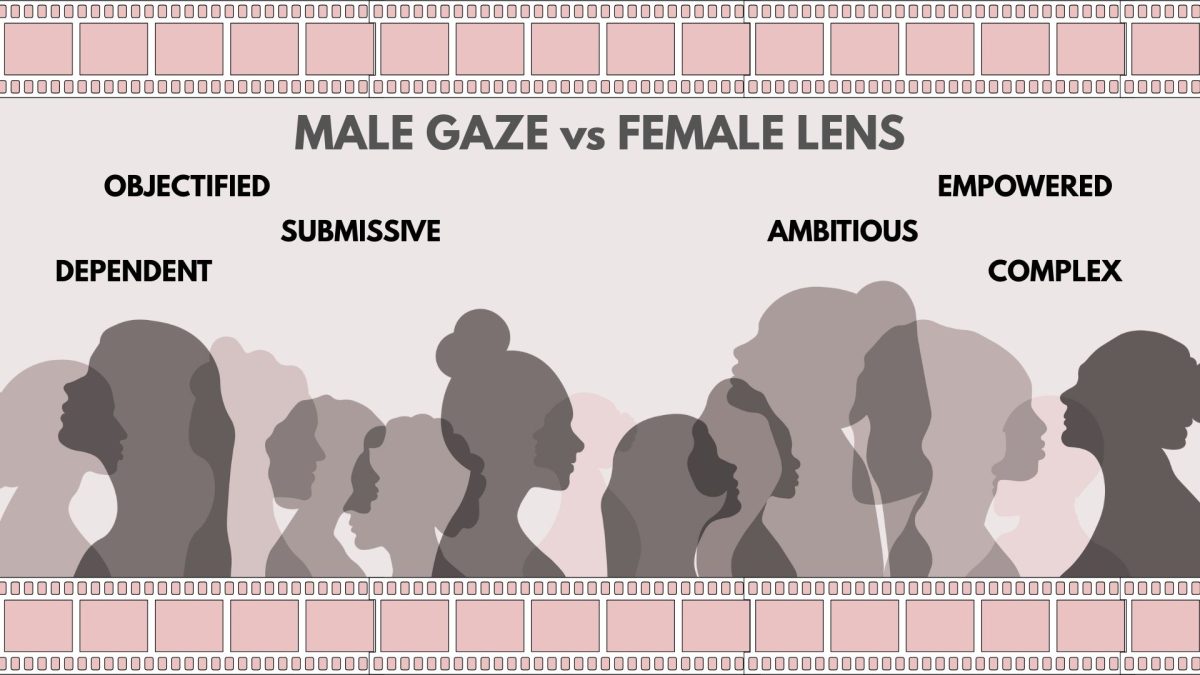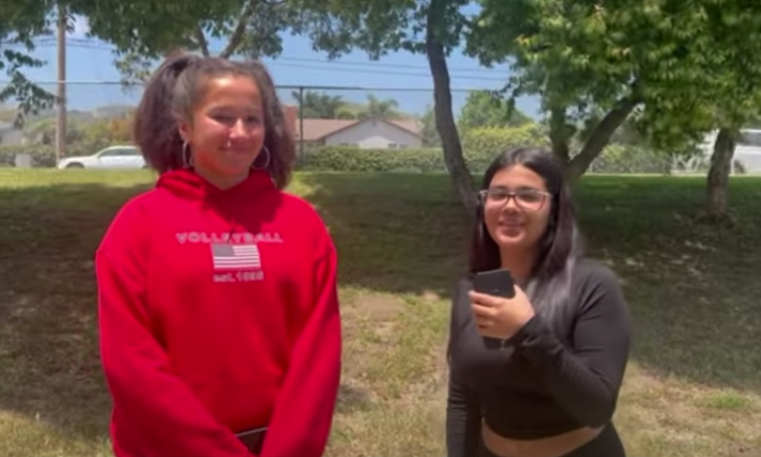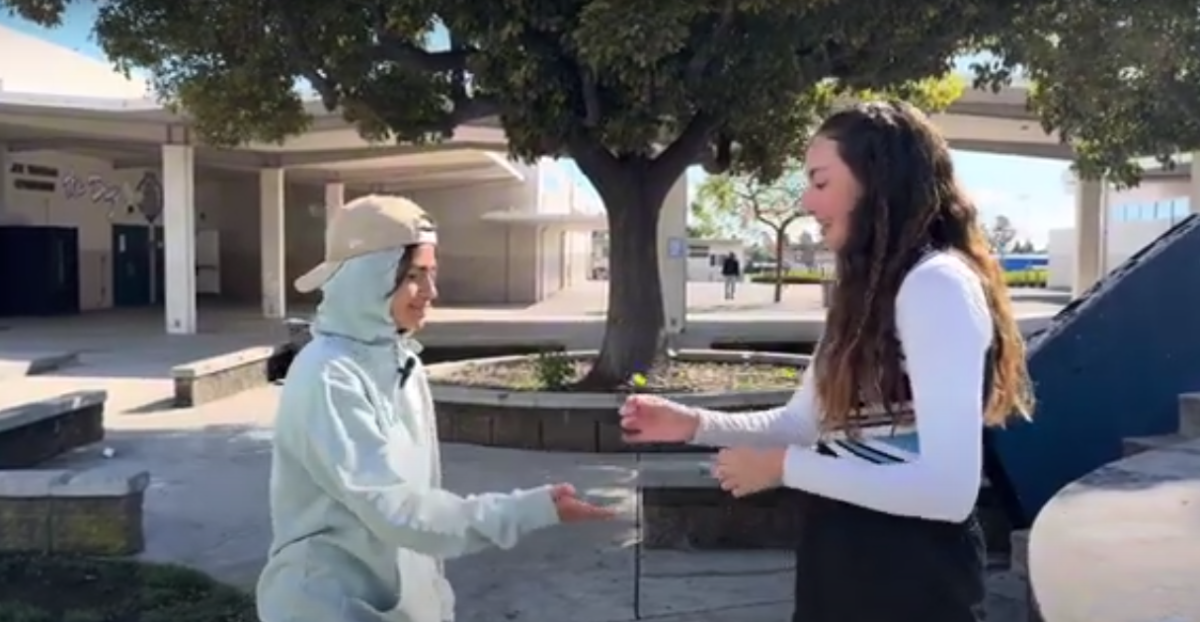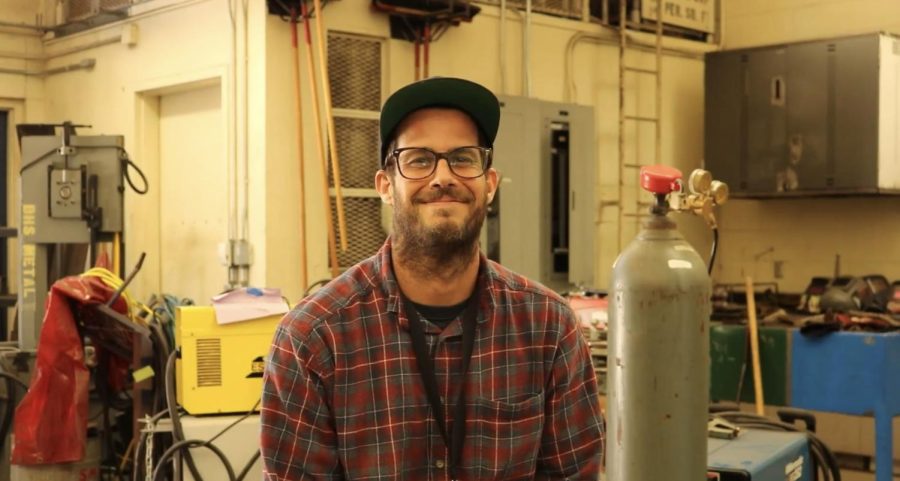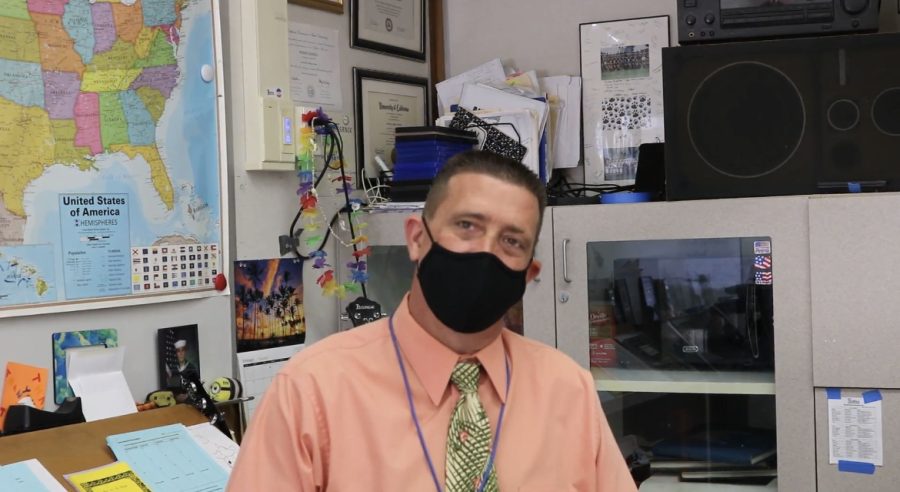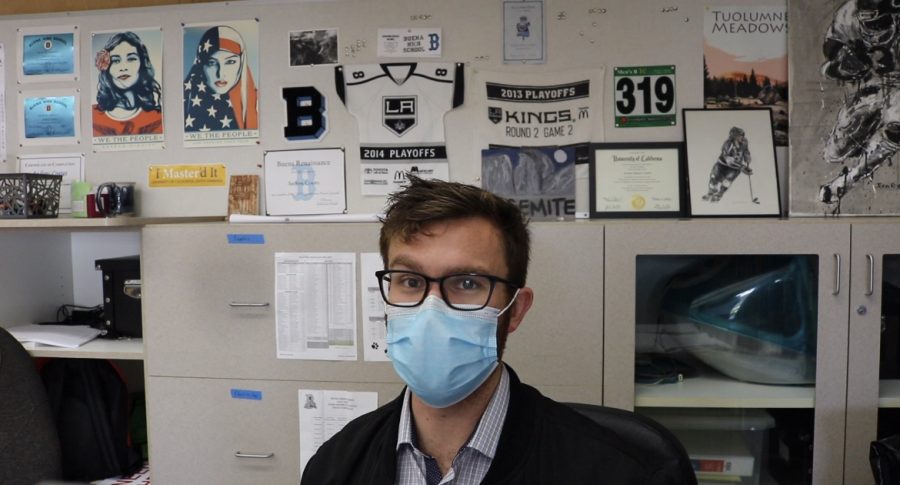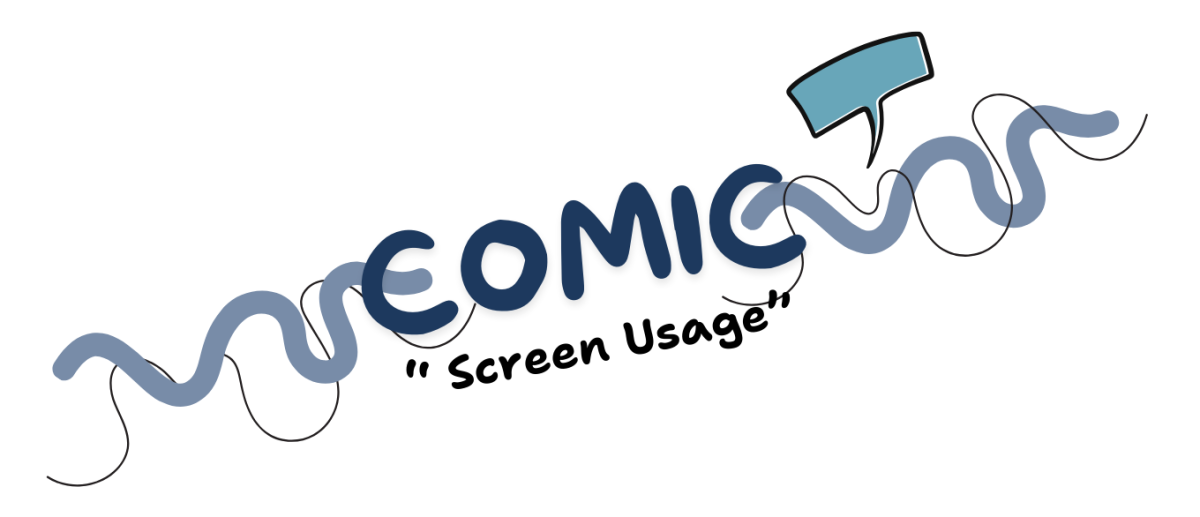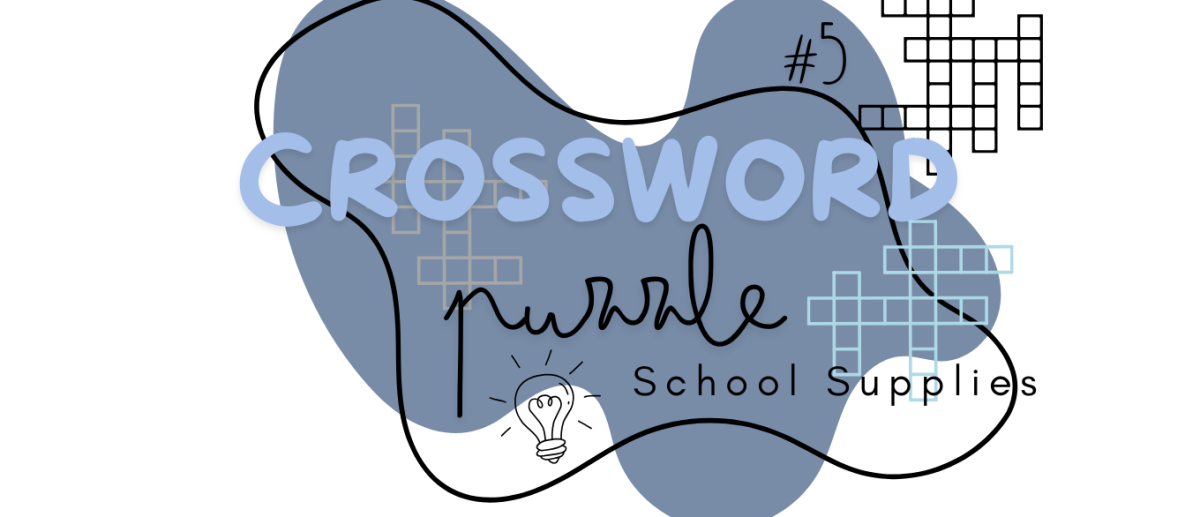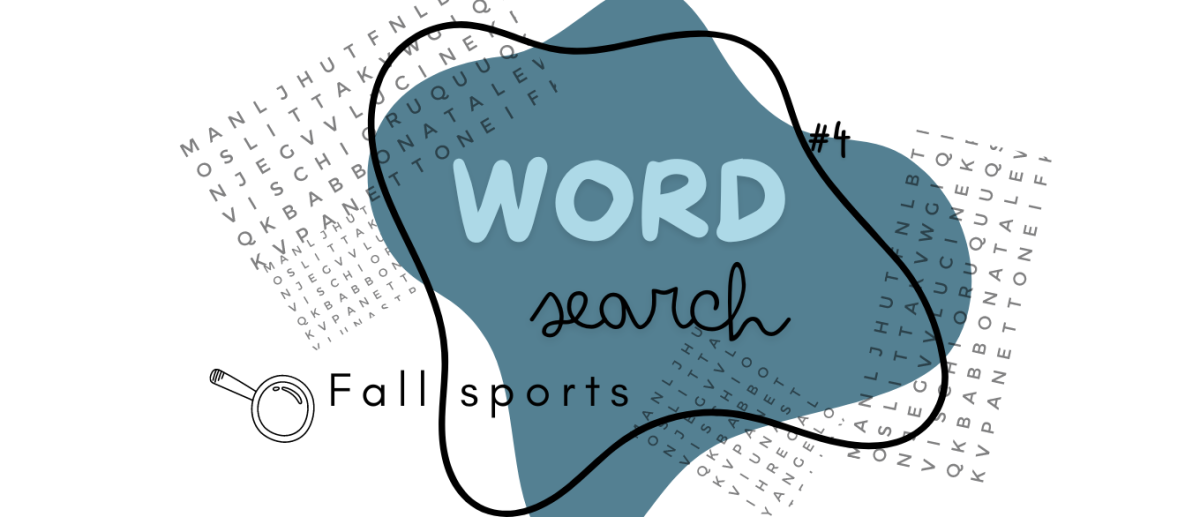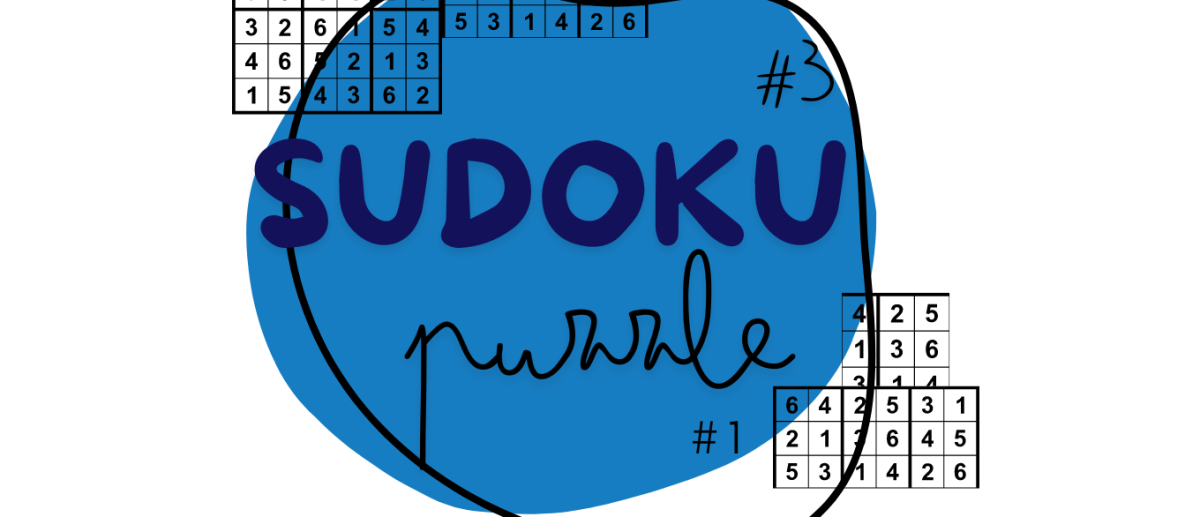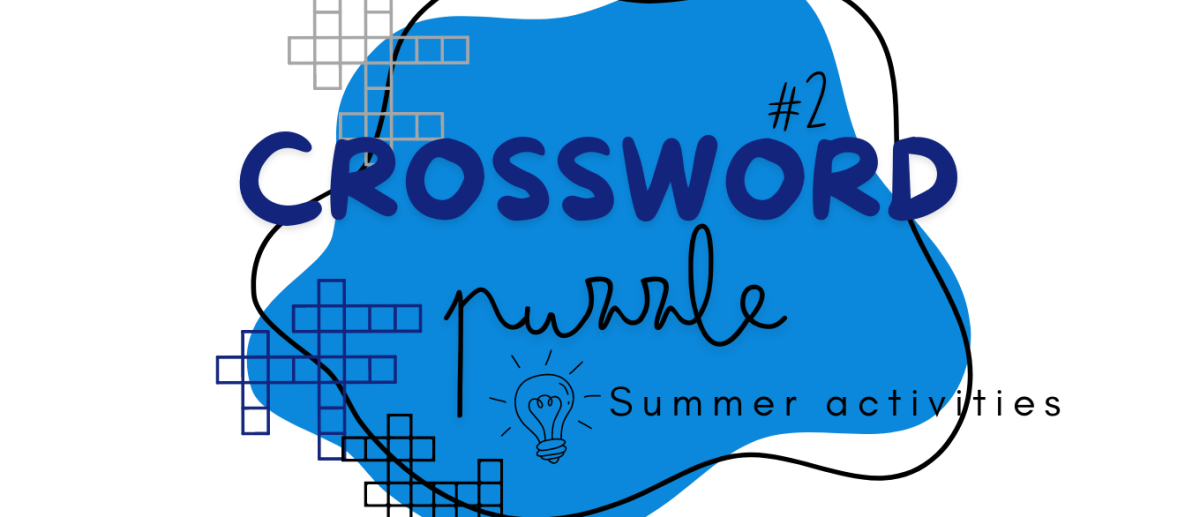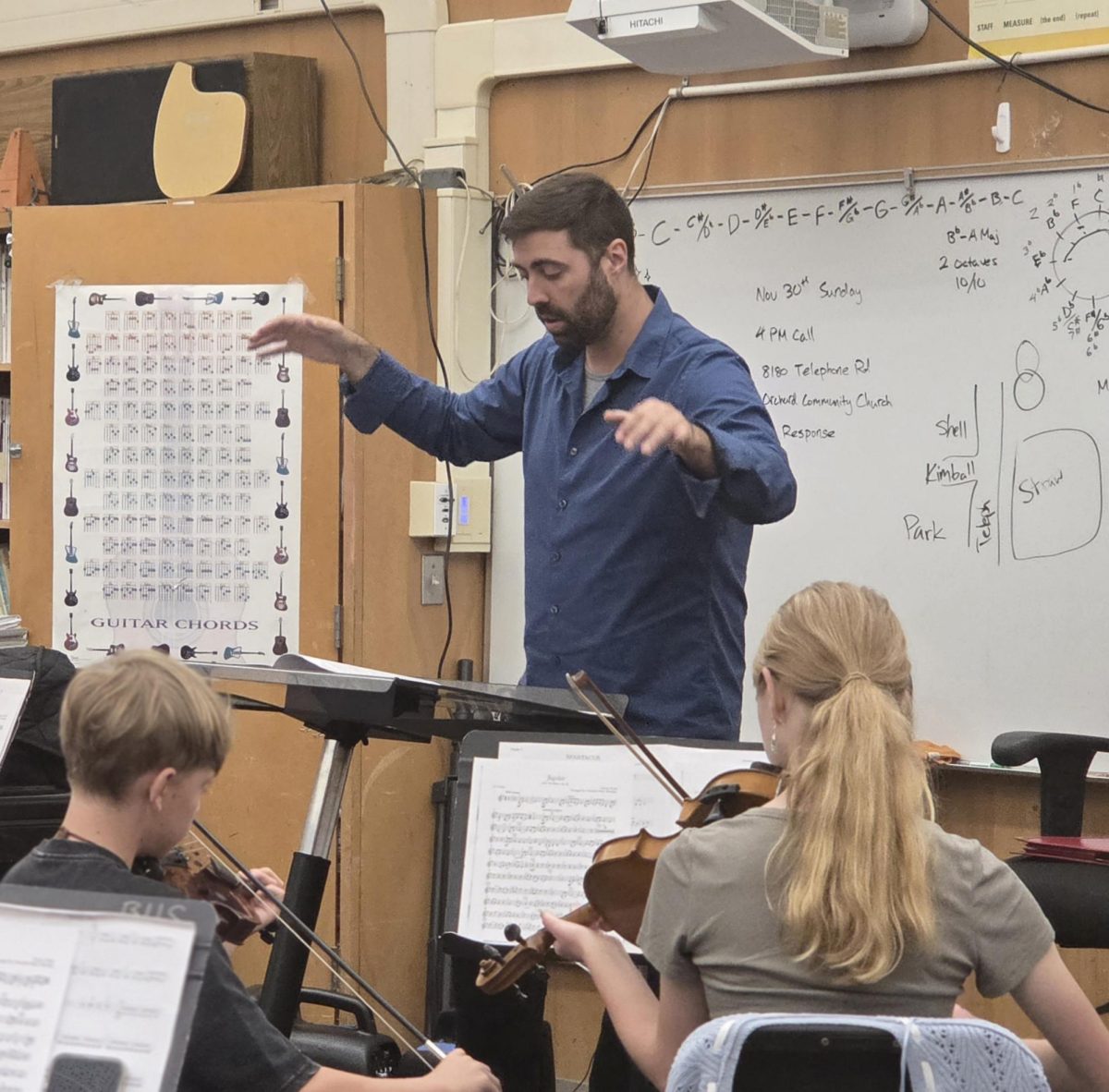15,000 to 30,000 are affected by Huntington’s Disease in the United States, the most common, single-gene neurodegenerative disorder, casting its fatal shadow on many generations. However, there has been a light of hope for the Huntington’s community as professors Ed Wild and Sarah Tabrizi led the United Kingdom part of the trial and discovered a treatment through brain surgery, performed Sept. 24, promising more years to those dealing with the aggressive disease.
Huntington’s disease is an inherited disorder in the brain that breaks down cells, leading to issues with mobility, emotion, thinking and personality. The punishing journey in the 10-30 years of life expectancy with the disease resembles the deterioration in dementia or Parkinson’s.
With this treatment, facilitated through brain surgery, Huntington’s effects are slowed by 75 percent. This means one year’s worth of damage is done in four, presenting a significantly longer life expectancy.
“We never in our wildest dreams would have expected [this much of a slowing] of clinical progression,” Tabrizi said to the British Broadcasting Corporation (BBC).
If one of your parents has Huntington’s, you have a 50 percent chance of retracting the mutated gene that evolves into the neuron killer in your fourth chromosome, known as the huntingtin protein. The procedure gives genetic therapy to the brain that decreases the toxic protein and prevents the messenger RNA from carrying it.
“There was every chance that we would never see a result like this, so to be living in a world where we know this is not only possible, but the actual magnitude of the effect is breathtaking, it’s very difficult to fully encapsulate the emotion,” Wild said to BBC.
UniQure, a biotech company that has developed many gene therapies, is in the process of getting their license to make a drug in 2026. This treatment will not be cheap. However, it is just the beginning of this miraculous solution to the detrimental Huntington’s disease and a new era in medical pioneering.
Senior Mia Martinez is en route to enter nursing school, and is currently a physiology student. This new discovery excites her, as the future of medicine looks bright for the next generation.
“When we find these cures, and we see the reaction of all of these families, it leaves a lasting effect on the new generation to see that anything is possible,” Martinez said.
Families around the world have been rejoicing over the news, and while it may take time for the treatment to become more common, the discovery is a step into the future of medical advancements and long lives for those suffering with Huntington’s.
“The whole purpose for entering this field is to fight for people’s lives,” Martinez said. “This discovery fuels [researchers] even more.”


